Ask Franklin County Master Gardener Volunteer
James Hargrove
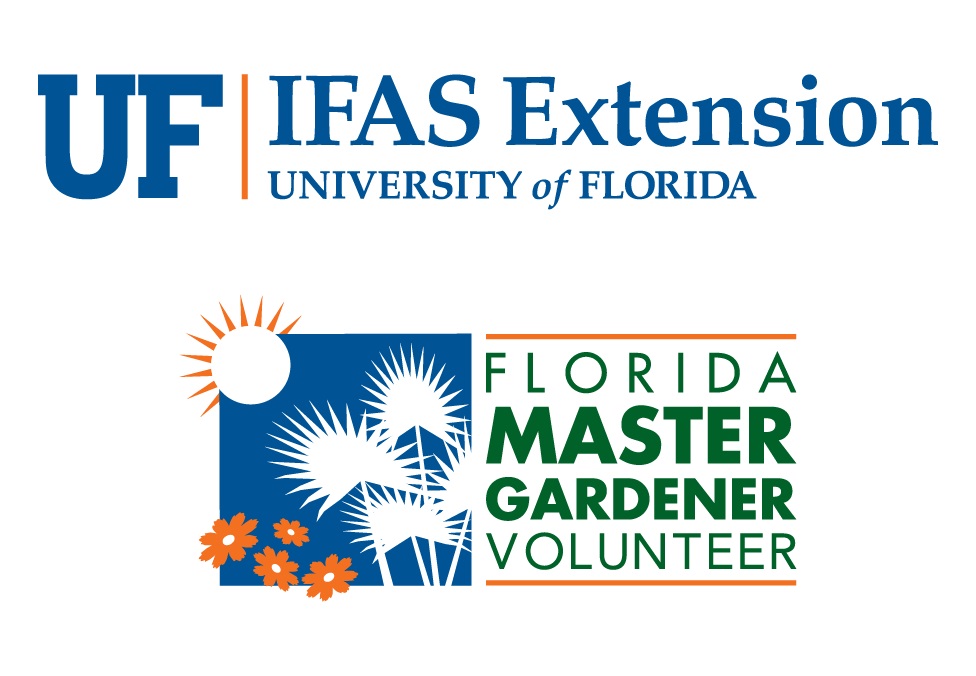
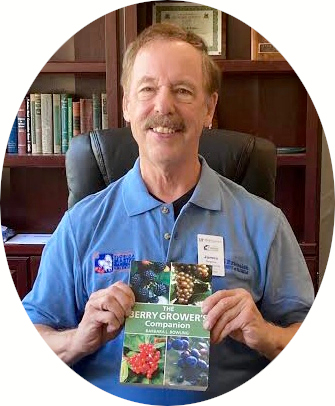
Residents of Franklin County all have two things in common: we live on or very near a bay or river, and we miss seeing the oystermen who made their living on the water for nearly 200 years. In 2012, the oyster-fishery industry collapsed changing most aspects of daily life. Oyster bars that had been productive communities supporting oysters, crabs, young fish, and birds suddenly disappeared into a pile of shell hash.
The collapse of our oyster economy
The collapse of our oyster economy, and the indignity of having to import oysters into what had been the most productive bay in Florida, should remind us that Protecting the Waterfront is the final principle of the Florida-Friendly Landscaping™ program. And, given the amount of rain we received this summer, we recall that the 8th principle is Reduce Stormwater Runoff.
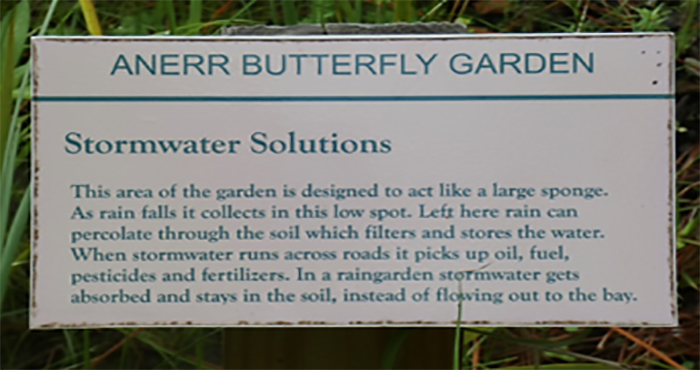
To help take action towards these goals, the Apalachicola National Estuarine Research Reserve (ANERR) offers a half-day workshop called Bay-Friendly Landscaping. The workshop on September 8th was led by Apalachicola city commissioner Anita Grove and Joshua Eaton, and it will be offered again on Wednesday, October 6th.
The presentation at ANERR is based on the UF/IFAS Florida Friendly Landscaping™
The presentation at ANERR is based on the UF/IFAS Florida Friendly Landscaping™ program, but also highlights specific local examples of problems and potential solutions. Three key points were that stormwater runs into the bay without being treated; that storms flood city sewage systems; and that many homes in the county still rely on septic systems. There is no question that stormwater carries herbicides, oil, dissolved fertilizer, and other debris into the bay. Our focus needs to be on reducing those items so our waters will and can support native fish and wildlife.
The Bay-Friendly Landscaping workshop showed cases where landscapes were improved by reducing turf grass and relying on the Right Plant, Right Place principle. Handouts included the Florida Yards and Neighborhoods Handbook and contact information for the Florida Native Plant Society, the Florida Association of Native Nurseries, and the Florida Wildflower Foundation.
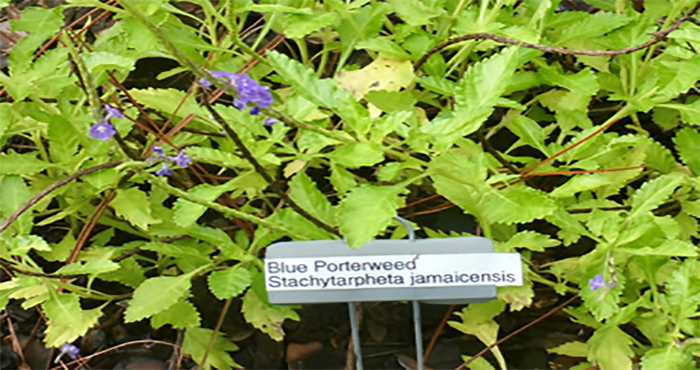
Lawns provide very little food for native birds
Take-home messages included the fact we have 40 million acres of turfgrass in the United States requiring application of over 59 million pounds of pesticide, and that lawns provide very little food for native birds. Birds need caterpillars and other insects to feed their young, and native plants host 20 times as many caterpillars as turf.
The workshop discussed how to build rain gardens and swales as ways to slow stormwater runoff and encourage native plants that thrive in moist soil. Ironically, perhaps, our planned visit to ANERR’s native wildflower garden was called off due to a heavy rainstorm.
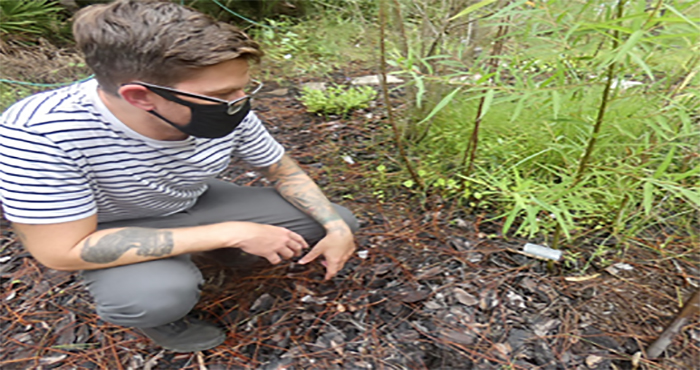
ANERR has helped implement a program called Living Shorelines
ANERR has helped implement a program called Living Shorelines that seeks to reduce hardscape at the water’s edge and plant native rushes that help absorb the impact of storms while also providing nurseries for fish and crustaceans that live in Apalachicola Bay.
This fall, ANERR will offer Bay-Friendly Landscaping again on October 6th, and will also offer workshops in a Coastal Training Program that deal with the bay and estuary, oyster ecology, and the Apalachicola River and floodplain. The workshops are free and several include hands-on trips onto the bay aboard one of ANERR’s research vessels. Interested people may sign up at the events web page, https://www.apalachicolareserve.com/events/.
Additional information on local events
Additional information on local events can be found in the UF/IFAS Extension Franklin County office at 261 Dr. Frederick S. Humphries Street, Apalachicola, FL 32320 or by calling 850-653-9337. The county’s Master Gardener Volunteers also hold plant clinics throughout Franklin county to answer questions about Florida-Friendly Landscaping™ and other topics. The Extension office plant clinic runs every Wednesday from 10:00 to 12:00.
| The Institute of Food and Agricultural Sciences (IFAS) is an Equal Opportunity Institution authorized to provide research, educational information, and other services only to individuals and institutions that function with non-discrimination with respect to race, creed, color, religion, age, disability, sex, sexual orientation, marital status, national origin, political opinions, or affiliations. U.S. Department of Agriculture, Cooperative Extension Service, University of Florida, IFAS, Florida A&M University Cooperative Extension Program, and Boards of County Commissioners Cooperating |
 0
0
